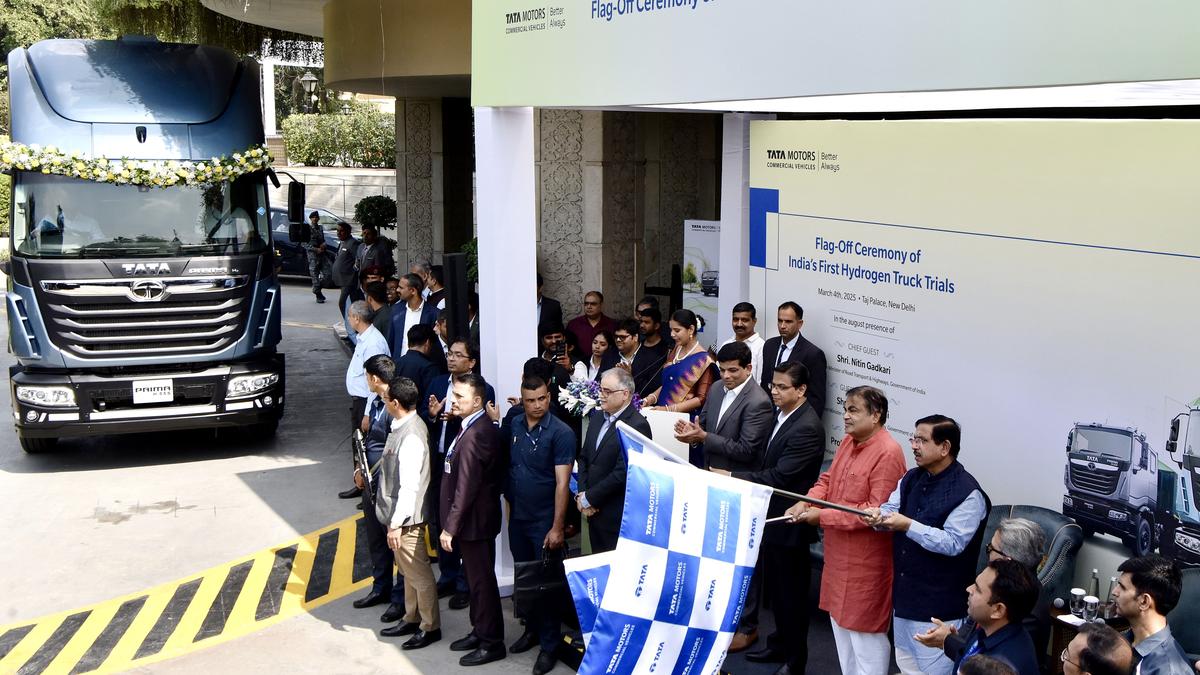)
Amit Sharma said in the case of small modular reactors (SMRs), the plan was to make 40-50 reactors. Image: www.tce.co.
India aims to deploy 40-50 small modular nuclear reactors, mostly to replace captive thermal power plants, as it aims to achieve the goal of net-zero emissions by 2070.
A top industry official said that the 220-MWe Pressurised Heavy Water Reactor (PHWR) was being redesigned using 3D design platforms with an aim to achieve a high degree of standardisation that would allow easy deployment, even in old thermal power plants used by the steel, aluminium, copper and the cement industries.
The Department of Atomic Energy and Tata Consulting Engineers are redesigning the PHWRs to develop the Bharat Small Modular Reactor.
“We are going to take the old design of the PHWR and then reconfigure and redesign it to be modular, scalable and safety-aligned to post-Fukushima standards,” Amit Sharma, the managing director and CEO of Tata Consulting Engineers, told PTI.
Sharma said in the case of small modular reactors (SMRs), the plan was to make 40-50 reactors in less than seven to eight years but added that it required a high degree of standardisation, safety and modularity.
Presenting the Union budget last month, Finance Minister Nirmala Sitharaman announced that the government would partner with the private sector to set up Bharat Small Reactors and in the research and development of SMRs.
She had said the government would also partner with the private sector for research and development of newer technologies for nuclear energy.
Sharma said engineers would redesign the PHWR using 3D design platforms that were not available 40 years ago when these reactors were first designed.
The Nuclear Power Corporation of India Limited has till date set up 16 220-MWe PHWRs, two 540-MWe PHWRs and two 700-MWe PHWRs.
Fourteen more PHWRs of 700 MWe capacity each are under various stages of implementation and are expected to be commissioned progressively by 2031-32.
Tata Consulting Engineers has been associated with the Department of Atomic Energy for several decades and has an 85 per cent market share in engineering services in the nuclear sector and is implementing several power projects.
Sharma said the mention of SMRs by the finance minister in her budget speech clearly showed the strong commitment to energy transition.
“To be honest, the only viable long-term solution for net zero is nuclear. I think nuclear is the bet; globally, everybody recognises it,” he added.
SMRs can be factory-built, unlike conventional nuclear reactors that are built on-site.
They have a power capacity of up to 300 MWe per unit. Being a mobile and agile technology, SMRs can be set up at locations unsuitable for larger plants.
SMRs are seen to be making a significant and meaningful contribution to the energy transition phase as part of efforts to deal with the effects of climate change.
(Only the headline and picture of this report may have been reworked by the Business Standard staff; the rest of the content is auto-generated from a syndicated feed.)
First Published: Aug 25 2024 | 11:33 AM IST









![Best Weight Loss Supplements [2022-23] New Reports!](https://technologytangle.com/wp-content/uploads/2022/12/p1-1170962-1670840878.png)




